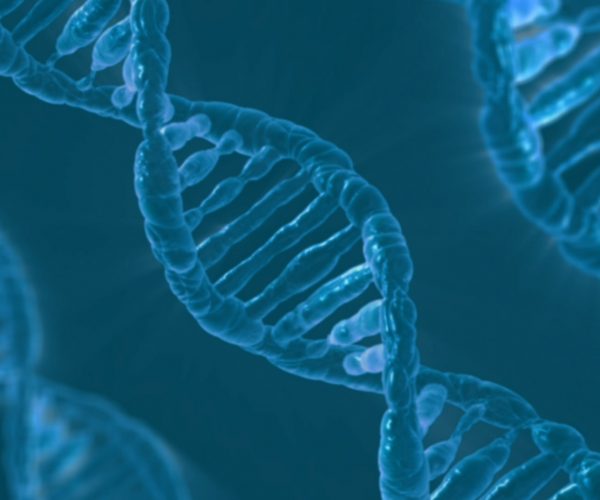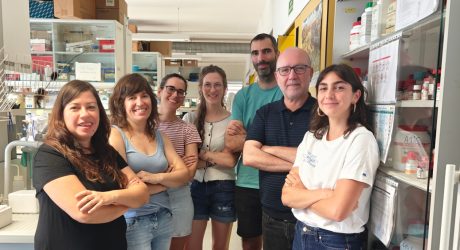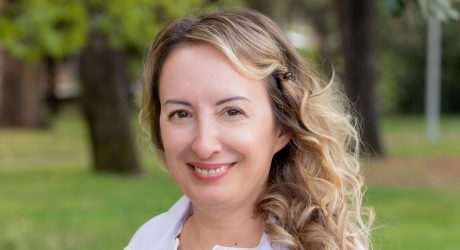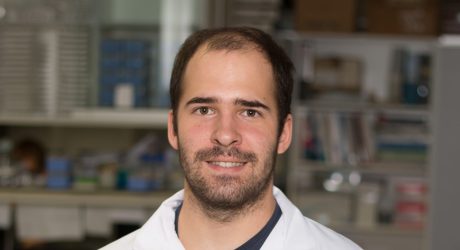RIA H2020 IISPV: Science Engagement to Empower Disadvantaged AdoleScents
The right to education for children and young people contributes to their overall development and consequently lays the foundations for success later in life in terms of employability, social integration, health and well-being. Education and training have the potential to play a crucial role in counteracting the negative effects of poverty and social exclusion. Adolescents may be considered a hard-to-reach group, they could be more difficult to engage in research and health education programmes than adults or younger children, particularly in deprived communities. Furthermore, the current situation of the COVID-19 has affected the wellness of the most vulnerable populations.
One of the key priorities in education is the appropriate inclusion of vulnerable populations in Science, Technology, Engineering, Mathematics (STEM) careers. These careers are associated with most advanced and productive sectors of the job market in the European Union.
The aim of Science Engagement to Empower Disadvantaged AdoleScents (SEEDS) Consortium led by the research group of Prof. Sola (IISPV) is to engage adolescents from deprived neighbourhoods in designing interventions that seed an interest in scientific methodologies, promote STEM careers and empower them by enhancing their critical thinking capabilities.
The SEEDS RIA H2020 project brings together experts from nutrition (IISPV, Charokopeio Panepistimio, Erasmus Universitair Medisch Centrum Rotterdam, Gemeente Rotterdam) and physical activity (the University of Exeter) with more than 15 years of experience in health promotion interventions in deprived neighbourhoods with ECSA (European Citizen Science Association), world leaders in Citizen Science (CS), to design an innovative approach that seeds an interest in science whilst encouraging healthy lifestyles in deprived adolescents.
Rosa Sola comments: “SEEDS will boost the dialogue between CS & traditional science by taking the strengths of both disciplines to develop a new methodology still rigorous but closer to citizens“.
There is a need for evidence and validation of effective interventions for fostering science education and public participation with adolescents and young adults from deprived populations. Researchers propose an ambitious methodology that builds effective co-operation between science and society to empower adolescents from the low-income environment to adopt healthy lifestyles to prevent obesity, increase their interest for science and improve their critical thinking.
Dr. Tarro and Dr. Llauradó, the senior researchers in the group of Prof. Sola, express: “Through this empowerment, we will involve adolescents from disadvantaged backgrounds in the development and delivering of activities that promote healthy lifestyles to their peers“.



